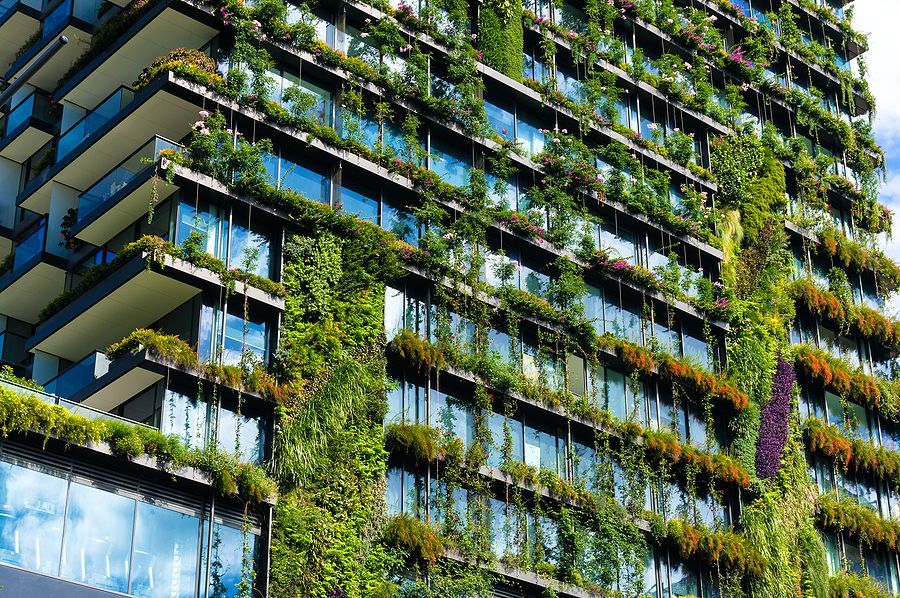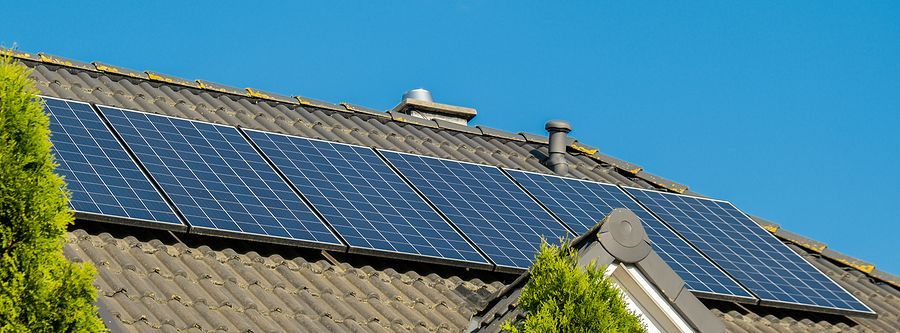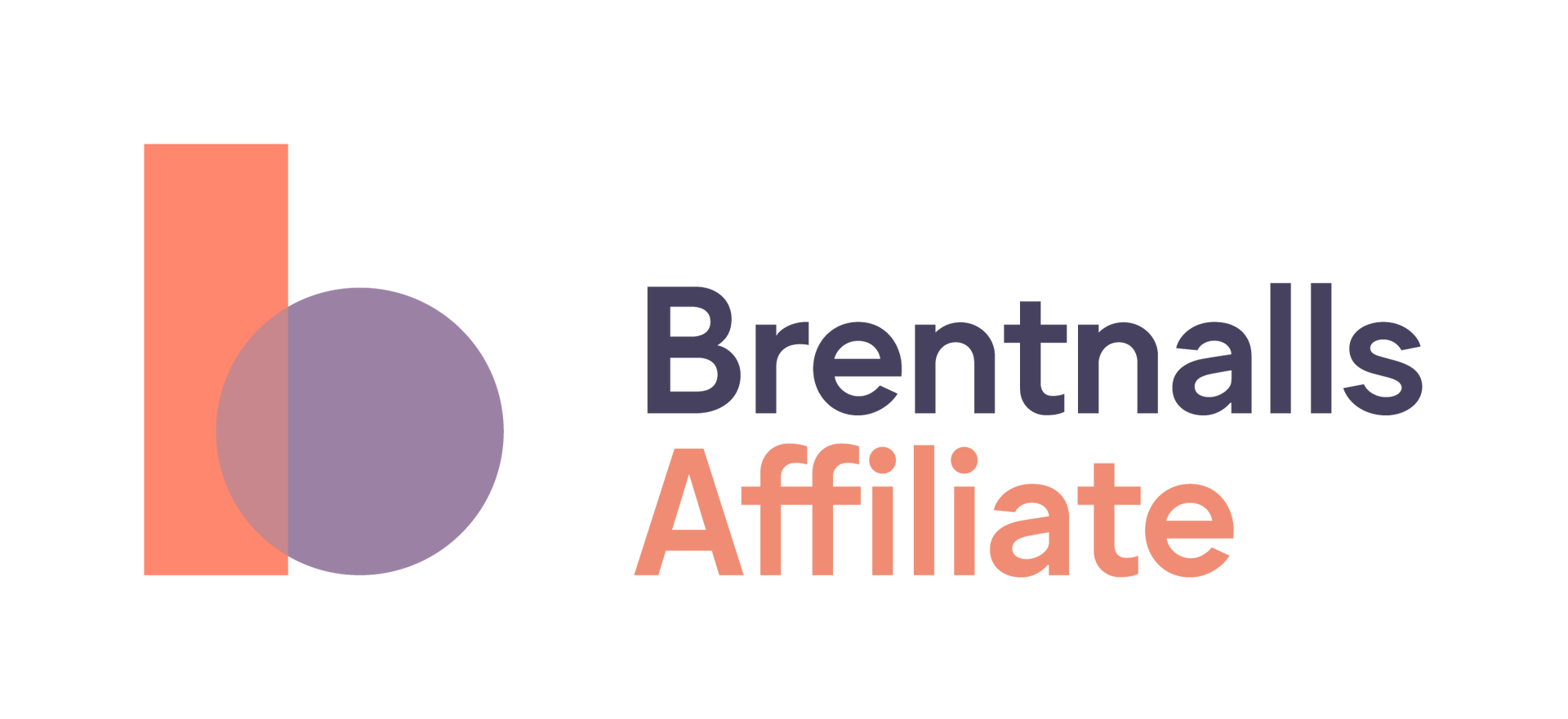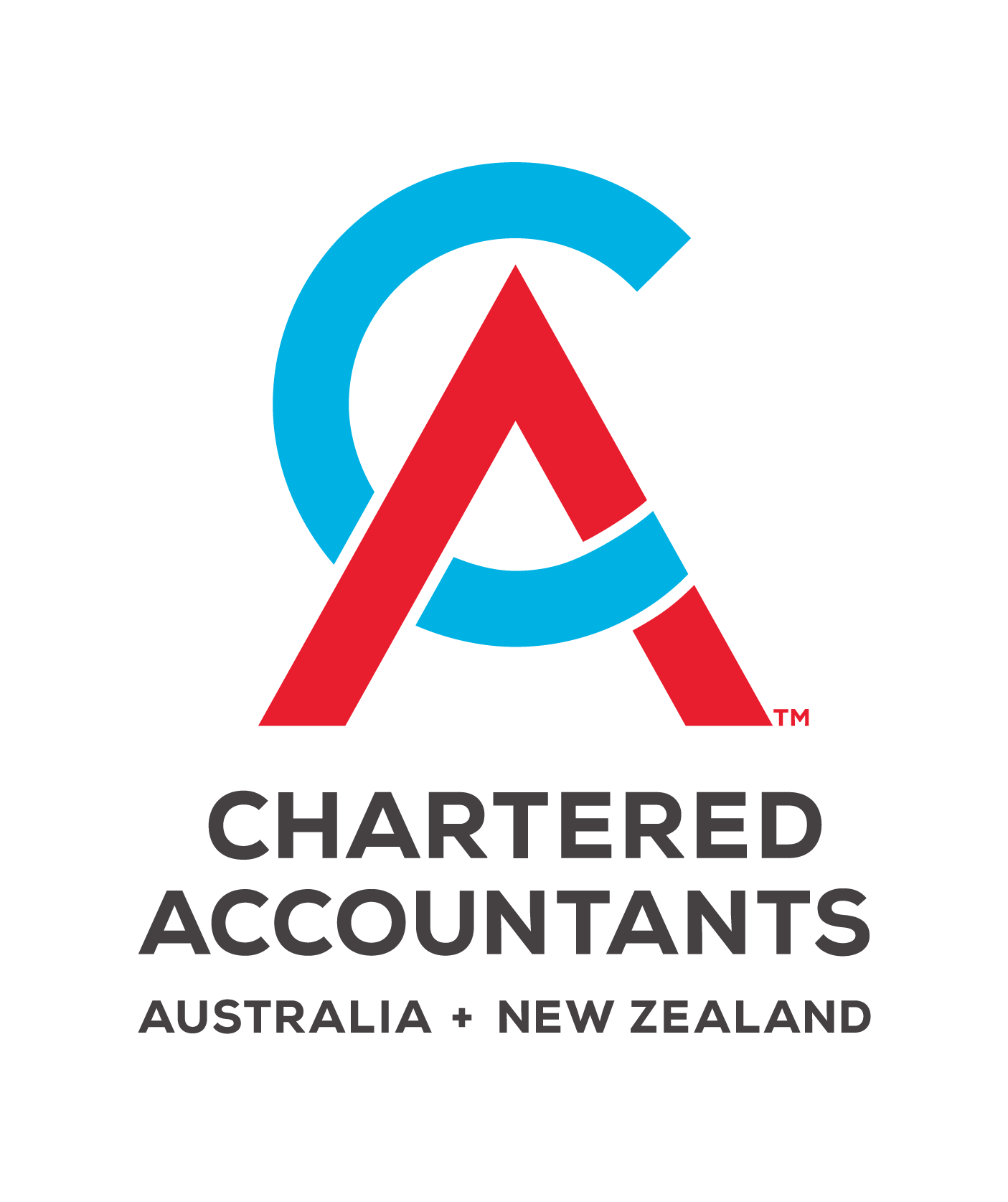News Articles
Construction Industry
Financial benefits through sustainable construction practices
By Christina Gulliver, Partner
28 August 2023


The pursuit of sustainable practices in the Australian construction industry not only contributes to a greener future but also offers numerous financial benefits for businesses. By prioritising sustainability, construction companies can drive positive change while improving their bottom line.
Let's uncover some of the advantages of sustainable practices and provide practical examples of how construction businesses can tap into these benefits:
1. Cost savings and operational efficiency
Implementing waste reduction strategies: By adopting practices such as recycling, reusing materials, and implementing efficient waste management systems, construction businesses can minimise physical waste and associated disposal costs.
Optimising resource utilisation: Streamlining processes and using resources efficiently, such as water and raw materials, reduces expenses and promotes operational efficiency.
Adopting lean construction principles: Embracing lean construction methodologies minimises waste, enhances productivity, and reduces costs throughout the project lifecycle.
2. Regulatory compliance and risk mitigation
Meeting environmental regulations: Construction companies that adhere to stringent environmental standards set by Australian regulatory bodies avoid potential fines and legal liabilities, mitigating financial and reputational risks.
Managing climate-related risks:
Taking steps to mitigate the impact of climate change, such as adapting to extreme weather events or considering climate-resilient design, helps safeguard construction projects from costly damages.
Construction companies that adhere to stringent environmental
standards set by Australian regulatory bodies avoid potential fines and legal liabilities, mitigating financial and reputational risks.


3. Competitive advantage and market differentiation
Building a sustainable brand: Demonstrating a strong commitment to sustainability creates a competitive advantage, attracting environmentally conscious clients and investors who prefer to work with businesses that align with their values.
Showcasing eco-friendly credentials: Certifications like Green Star or Leadership in Energy and Environmental Design (LEED) provide a competitive edge by verifying a company's sustainable practices and distinguishing it from competitors.
4. Access to funding and incentives
Government grants and subsidies: The Australian government offers various funding programs and incentives to support sustainable initiatives in the construction industry, such as grants for energy-efficient upgrades or renewable energy installations.
Financial institution support: Banks and financial institutions may offer preferential terms, loans, or investment opportunities for construction projects that prioritise sustainability.
5. Reputation and stakeholder relationships
Strengthening stakeholder relationships: Engaging with stakeholders, including employees, suppliers, and local communities, through sustainability initiatives fosters positive relationships, encourages collaboration, and enhances the company's reputation.
Attracting talent:
Emphasising sustainable practices helps attract and retain top talent who are increasingly seeking employers that align with their environmental values.
By implementing practical steps such as efficient waste management, resource optimisation, and adherence to environmental regulations, construction businesses can unlock the financial benefits of sustainability. Embracing sustainable practices is not only an ethical obligation but also a strategic choice that positions companies for long-term financial success in the Australian construction industry.
Let us seize this opportunity to transform the construction sector, driving both financial prosperity and a sustainable future in Australia. By embracing sustainable practices, construction companies can unleash their full potential while contributing to a greener and more prosperous industry.

Discuss Further?
If you would like to discuss, please get in touch.
Disclaimer
The information provided in this article does not constitute advice. The information is of a general nature only and does not take into account your individual financial situation. It should not be used, relied upon, or treated as a substitute for specific professional advice. We recommend that you contact Brentnalls SA before making any decision to discuss your particular requirements or circumstances.






